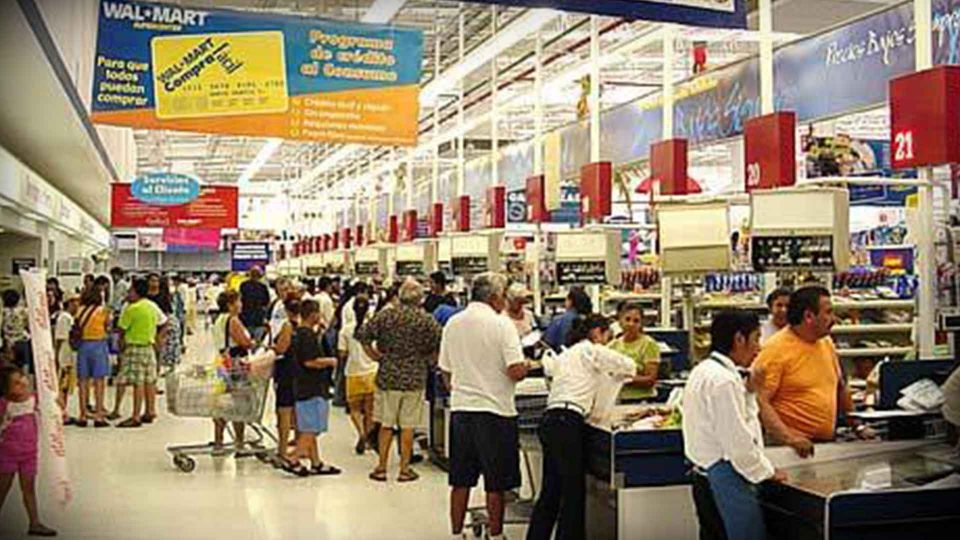The Modi led BJP government has been extremely pro foreign investment (FDI), ever since it came to power. It has opened more and more sectors to FDI, with each passing year. Foreign investors have been flocking to India and FDI inflows have doubled from $30bn in 2013-14 to $60 bn in 2016-17, an all time high. In its fourth major FDI relaxation in three years, the government has announced major changes in FDI norms, including those in the single brand retail trade (SBRT) sector. India is a huge and promising market for retail trade. It is a politically sensitive sector, with the bania class consisting of the small traders, constituting a major vote bank for the BJP, which opposed it tooth and nail, when not in power. FDI in retail trade was opened up in 2011, with upto 49% foreign investment allowed under the automatic route and upto 100% under a specific government approval. Such approval entailed a mandatory 30% local sourcing, (which was not feasible to many), to look after the interests of the local manufacturers. Many balked at this onerous condition and the likes of Zara and Marks & Spencer preferred to invest through the JV route, shunning the 100% ownership option. The likes of Ikea and H&M, yet however preferred the 100% ownership route and set up shop in India. To many foreign brands, the local sourcing condition was a huge obstacle. It is said that over 200 foreign retail brands, including the likes of Colin’s, Avva, Dufy, Damat and Tudba, are eager to invest in India, minus the 30% sourcing condition. The non automatic route was a hindrance too, since with the consent of many ministries involved, the approvals took time.
In a huge relaxation for the SBRT sector, prior to the PM’s forthcoming visit to Davos, the government has allowed upto 100% investment under the automatic route in the sector, easing out the 30% sourcing norm for the first five years. That makes it easy for foreigners to invest in the SBRT segment in India, which is very attractive. Organised retail trade has been looking up and foreign brands like Zara, M&S and H&M, have caught the fancy of the Indian youth. The sector holds great potential, but needs huge investment in retail infra, which few Indian retailers are able to match. The FDI relaxation in SBRT is good for the Indian consumer, which gets great products at Indian rates, but is not so for the home grown brands. The relaxation is not attractive enough for brands like Apple, which are unable to meet the 30% sourcing norm. The government reform does not alter the scenario for multi brand retailers like Walmart, Tesco and Carrefour. But with e commerce having made huge inroads into the local territory and the likes of Amazon already straddling the Indian retail markets, the damage to the small traders and kirana merchants, has already been done. ')}
As an independent media platform, we do not take advertisements from governments and corporate houses. It is you, our readers, who have supported us on our journey to do honest and unbiased journalism. Please contribute, so that we can continue to do the same in future.

